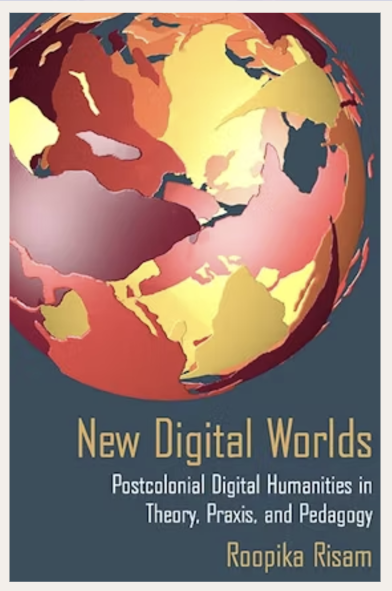Fronteras Vivas Library
Welcome to the TBDH Library, a growing archive of books that have been suggested or gifted during the speaker series events at TBDH.
Anzaldúa, G. (2012). Borderlands/La frontera: The new mestiza (4th ed.). Aunt Lute Books.
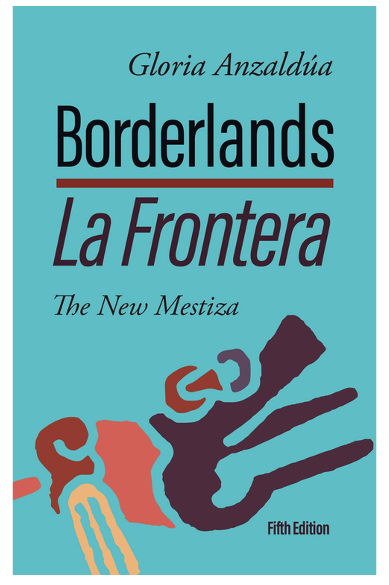
Castillo, D. A., & Tabuenca Córdoba, M.-S. (Eds.). (2002). Border women: Writing from La frontera. University of Minnesota Press.
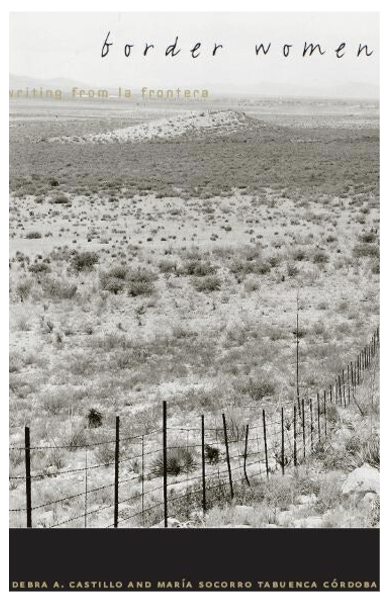
D’Ignazio, C. (2024). Counting feminicide: Data feminism in action. The MIT Press.
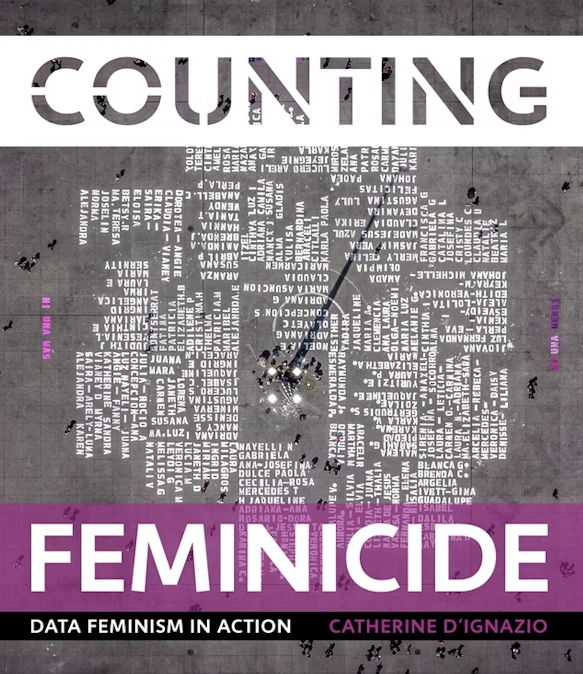
D’Ignazio, C., & Klein, L. F. (2020). Data feminism. The MIT Press.
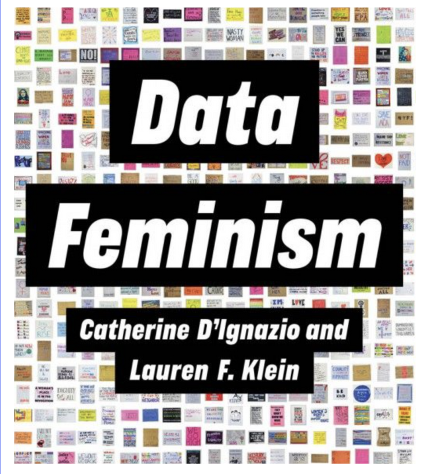
Dorfman, A. (Org.). (2021). Ensinando fronteiras: Projetos estatais, representações sociais e interculturalidade. Editora da UFRGS.
Gifted by: Adriana Dorfman

Martínez, I., Montelongo, I. V., Natividad, N. D., & Nieves, Á. D. (Eds.). (2024). Crossing digital fronteras: Rehumanizing Latinx education and digital humanities. State University of New York Press.
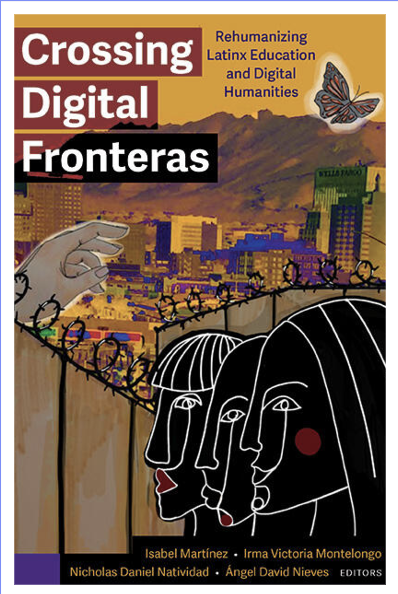
Riesco Tagle, L. (Ed.). (2025). Humanidades digitales: Miradas, experiencias y proyecciones desde América Latina. Ediciones Universidad San Sebastián / Laboratorio de Humanidades USS.
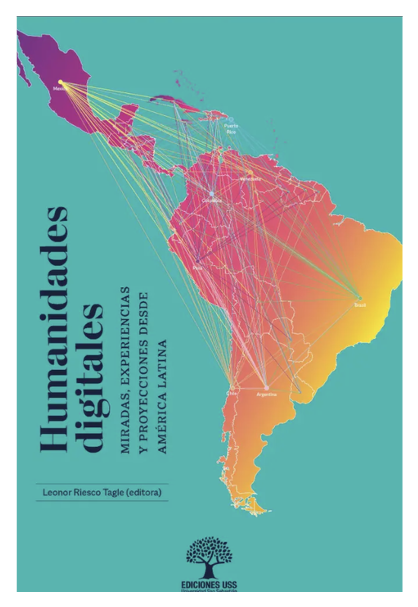
Risam, R. (2019). New digital worlds: Postcolonial digital humanities in theory, praxis, and pedagogy. Northwestern University Press.
